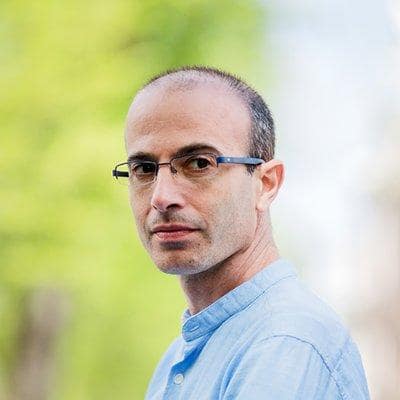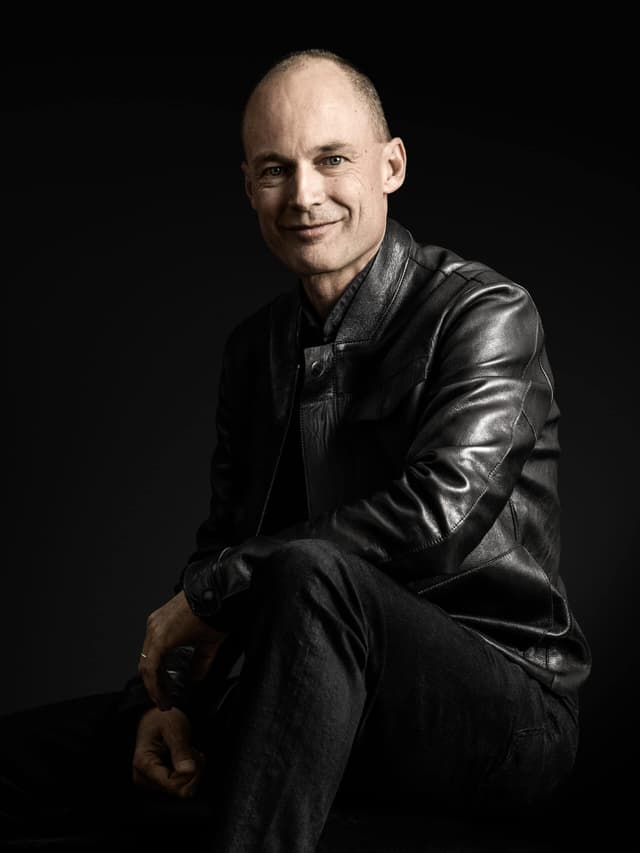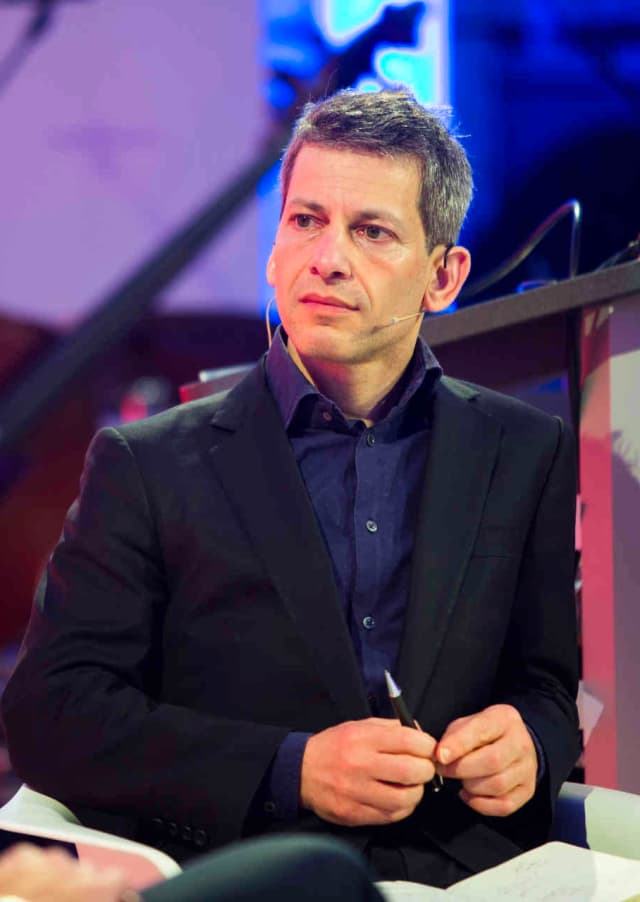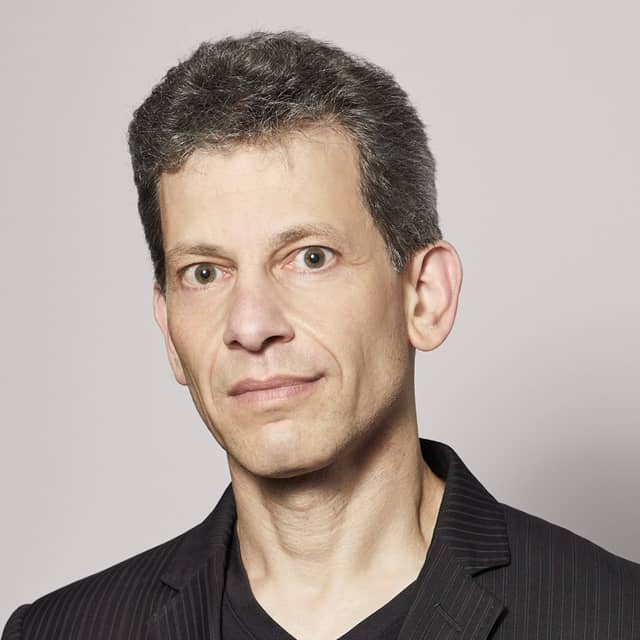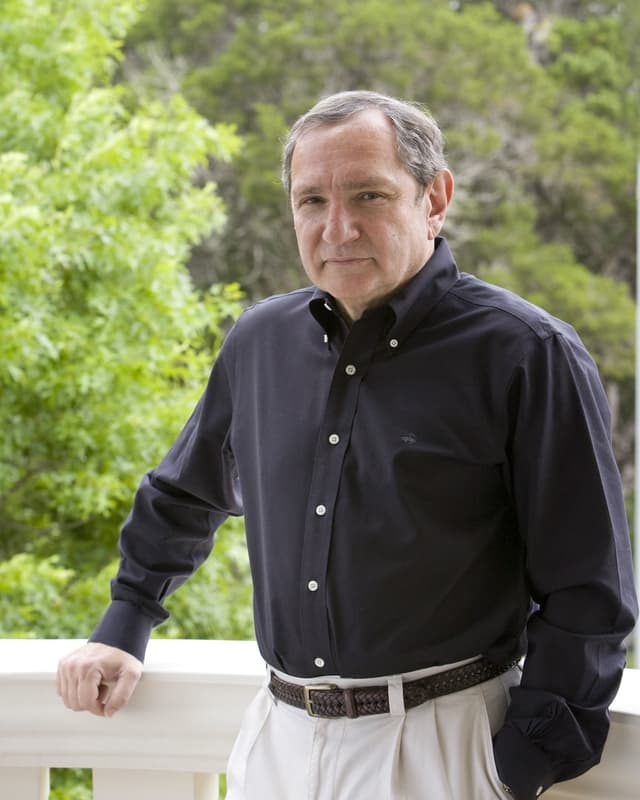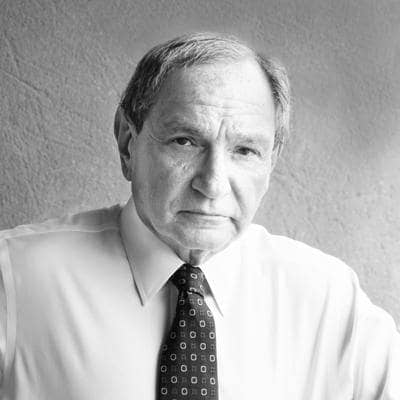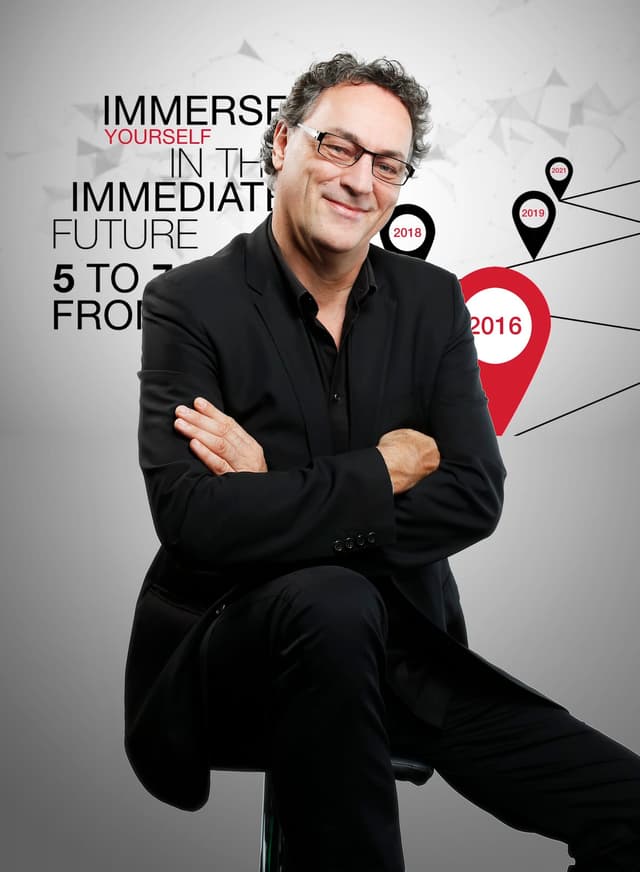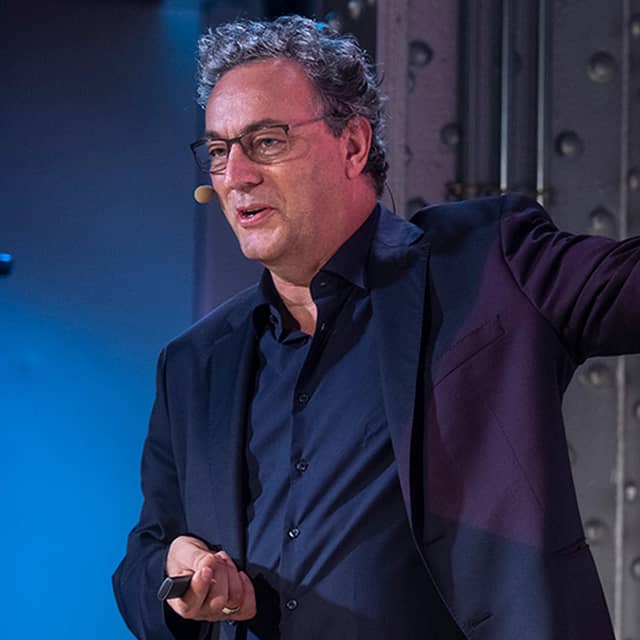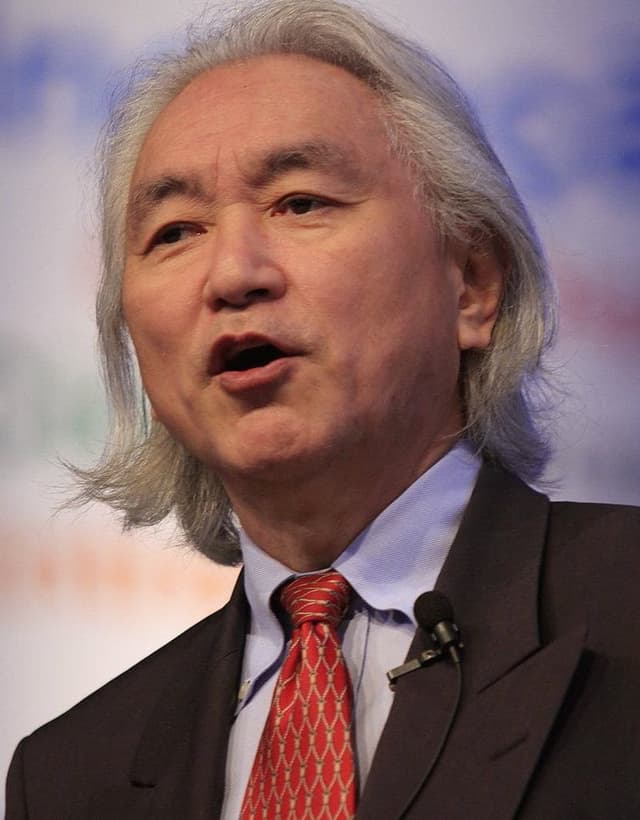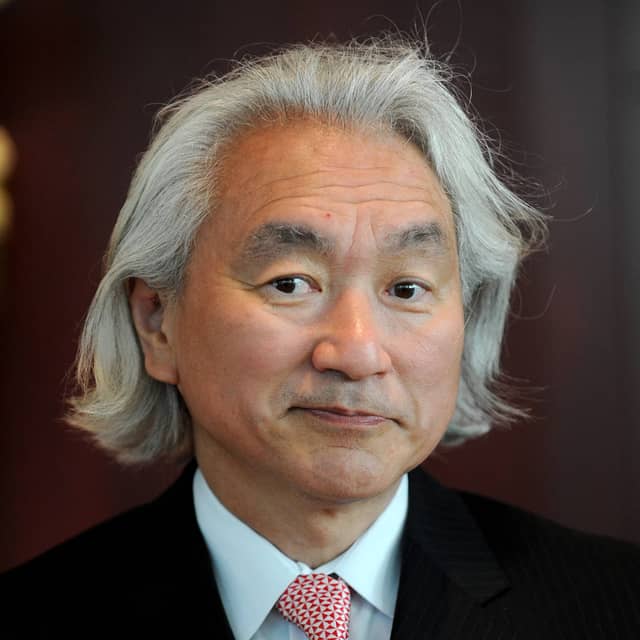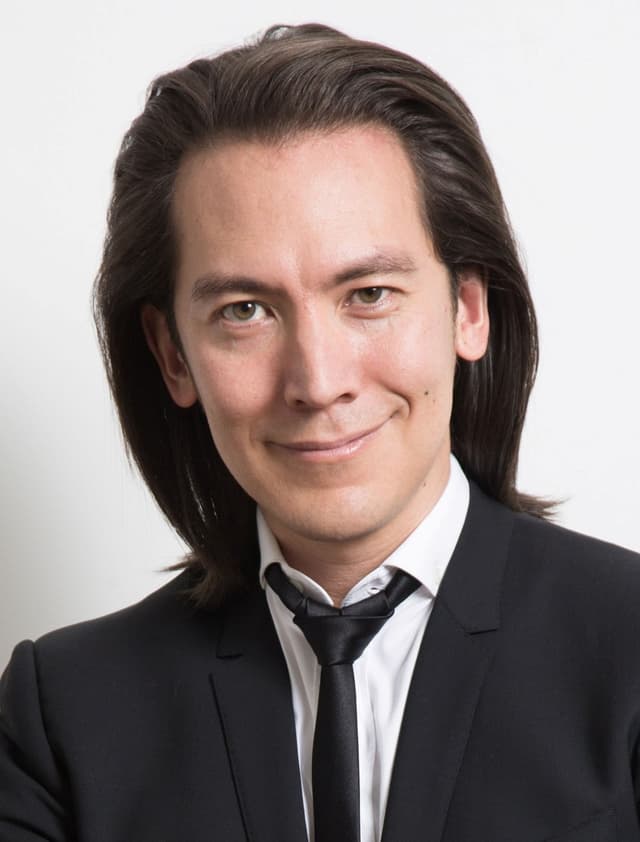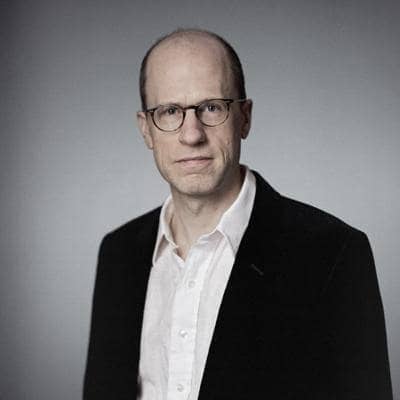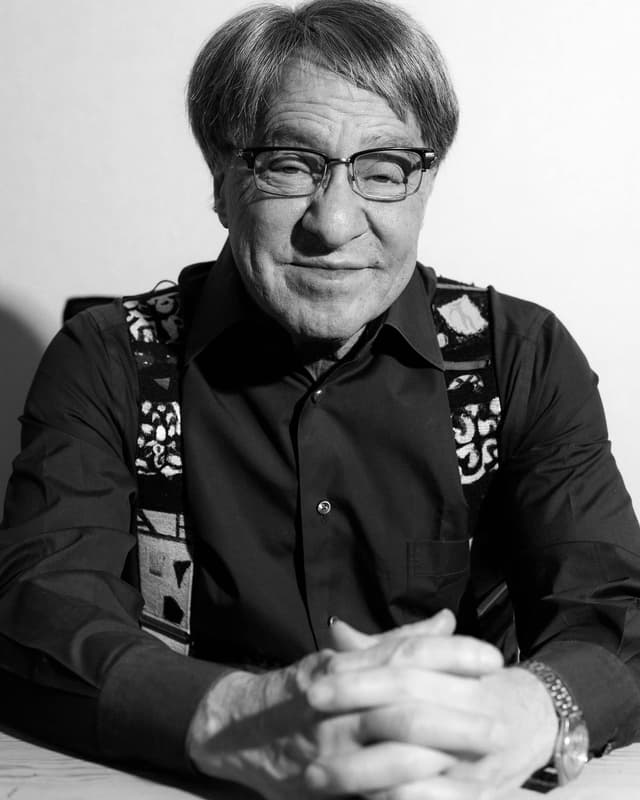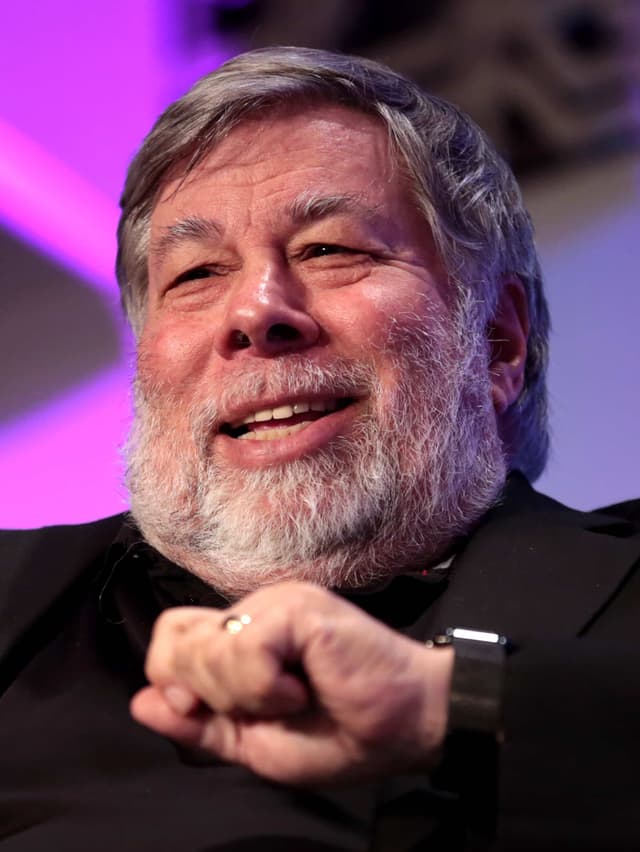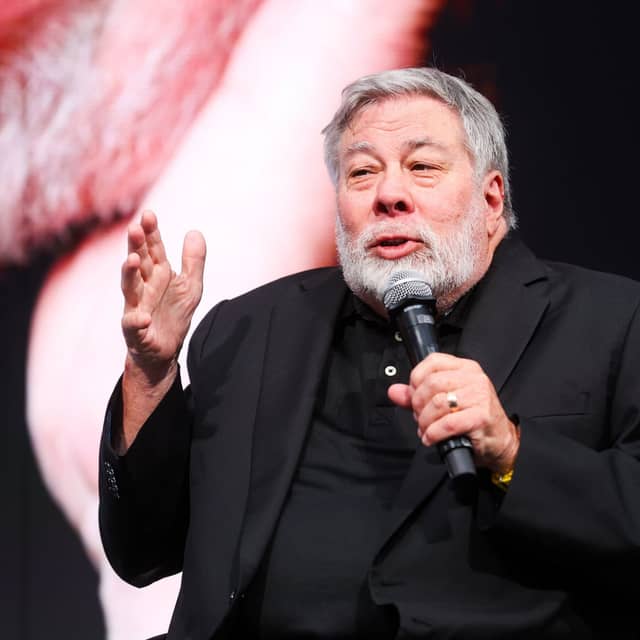Professor Yuval Noah Harari is a historian and philosopher who explores the macro-historical questions of human existence. As a professor at the Hebrew University of Jerusalem, his work synthesizes insights from various disciplines to examine how the human species rose to dominance and what challenges it now faces. Harari's ability to contextualize the present through the long lens of history has made him a prominent voice in global conversations on technology, politics, and the future.
Harari's career gained international momentum with the English publication of Sapiens: A Brief History of Humankind in 2014, a book that originated from his undergraduate lectures. Its success established his unique narrative approach, which combines historical analysis with a focus on how collective fictions—such as states, money, and religion—have enabled human cooperation on an unprecedented scale. He followed this with Homo Deus: A Brief History of Tomorrow, which examines humanity's future trajectory, and 21 Lessons for the 21st Century, which turns his analytical lens to the most pressing contemporary issues. In 2024, he published Nexus: A Brief History of Information Networks from the Stone Age to AI, which became an instant bestseller.
His body of work extends to graphic novels and a children’s series, demonstrating his commitment to making complex ideas accessible to diverse audiences. Harari is also a co-founder of Sapienship, a social impact company dedicated to clarifying the global conversation. His insights are sought after by leaders and organizations worldwide, as evidenced by his speeches at the World Economic Forum in Davos and discussions with figures such as Mark Zuckerberg. Harari has been featured in a CBS 60 Minutes profile and his articles in publications like The Guardian have garnered widespread attention. His writings have received numerous accolades, including the CITIC Author of the Year prize in China in 2025 for Nexus.
As a speaker, Harari draws on his deep historical knowledge to provide frameworks for understanding the present. He explores themes such as the intersection of history and biology, the ethical implications of science and technology, and the future of human consciousness in an age of AI and data. His presentations challenge audiences to consider fundamental questions about identity, power, and the choices that will shape the future of our species.

